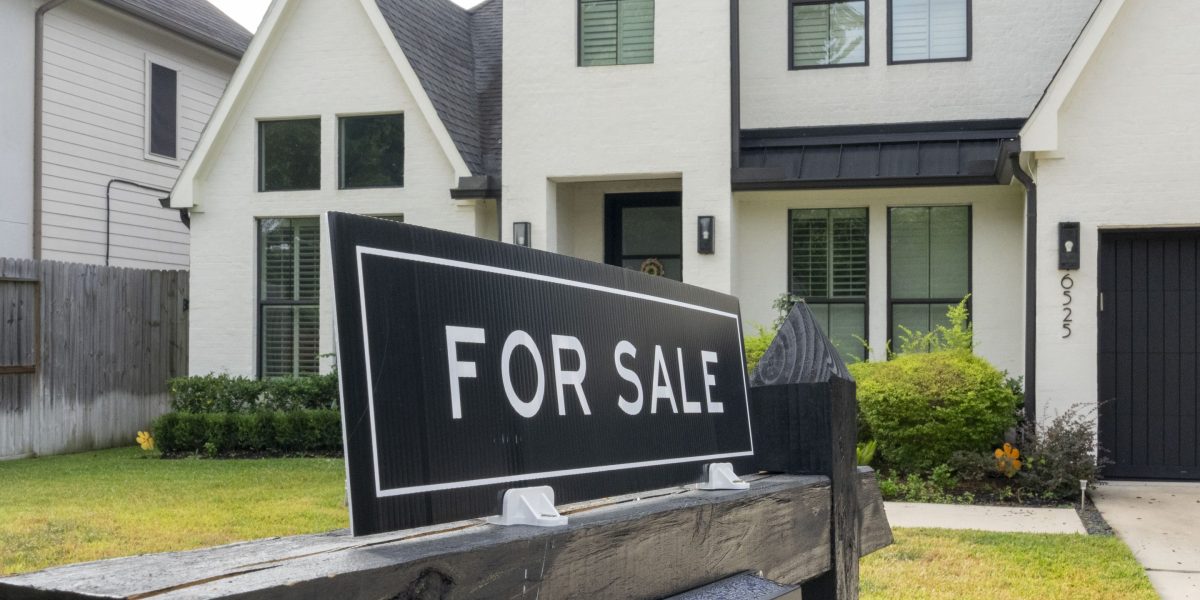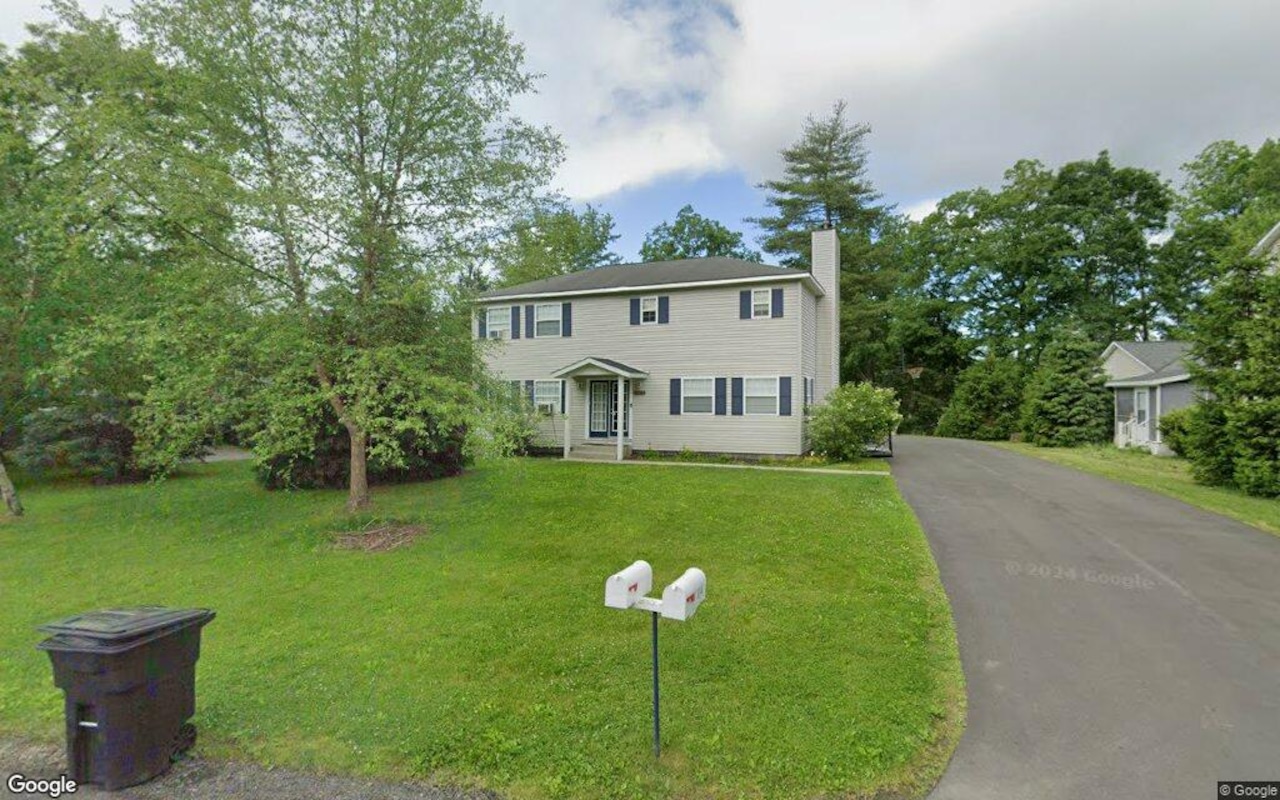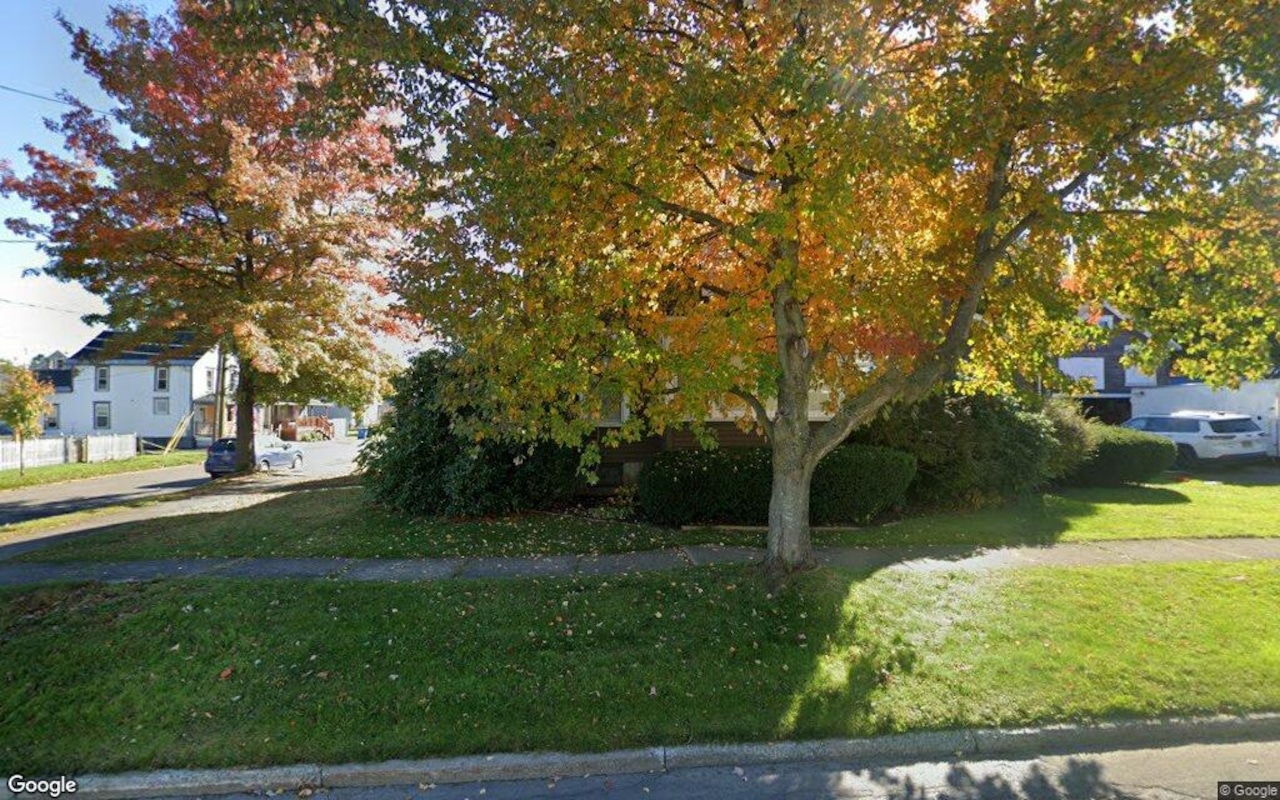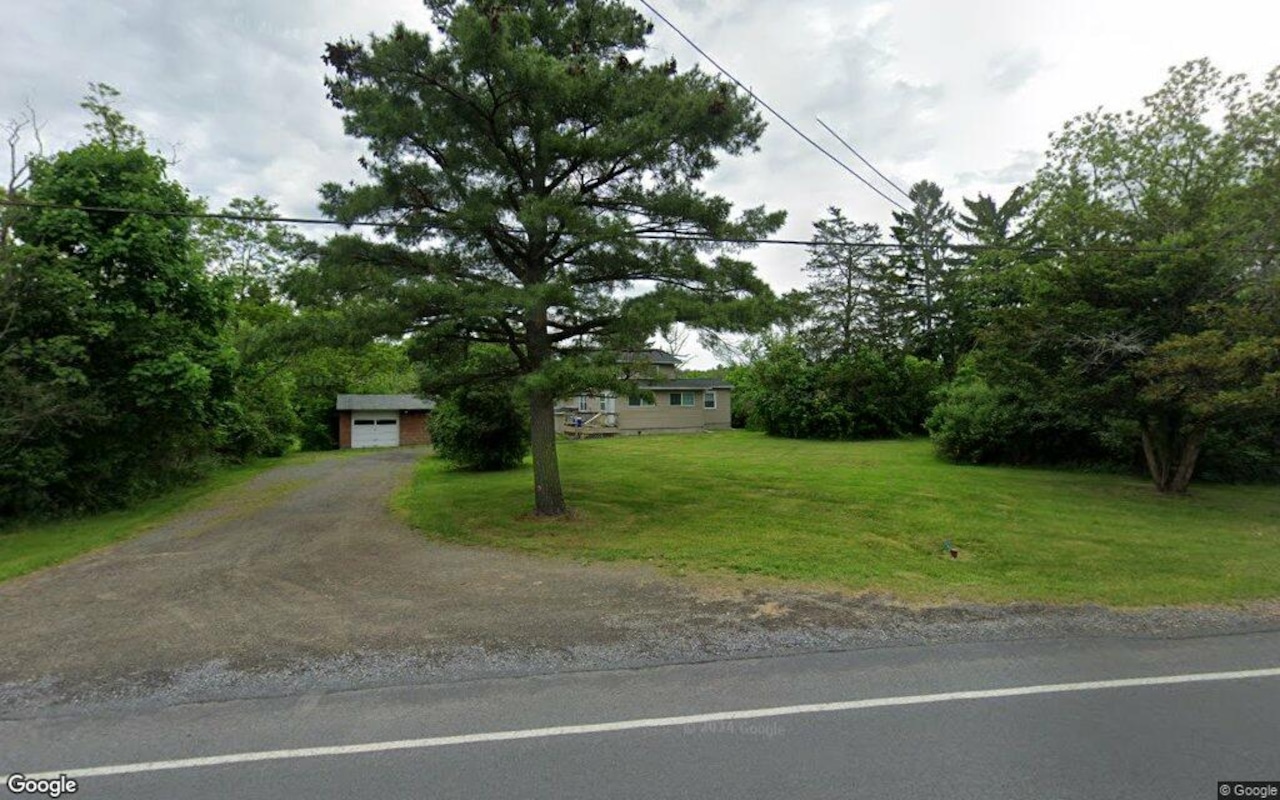I
f you're in the market for a home and looking to snag a deal, you're in luck. Several housing markets across the U.S. are experiencing a trend where homes are selling below their original asking price. According to recent data, locations in the South and West are offering buyers a chance to save.
Price reductions can be a sign of changing market dynamics and provide strategic options for savvy homebuyers. But why are prices dropping below asking in some areas? Several interconnected factors contribute to this trend.
Rising inventory is a major reason, particularly in the South and West where there's been an increase in homes for sale. Slower buyer demand is also a factor, often caused by high interest rates or economic uncertainty. Over-optimistic sellers who list their homes at prices that are too high for the current market can also lead to price reductions.
Realtor.com recently identified the top 10 metro areas where buyers are most likely to find homes with price reductions. These include Denver, CO; Phoenix, AZ; Austin, TX; Tampa, FL; Dallas, TX; Colorado Springs, CO; Jacksonville, FL; Portland, OR; Salt Lake City, UT; and Charleston, SC.
Breaking down the top markets, Denver tops the list with over one-third of homes seeing price cuts. The city has seen a drop in median home prices compared to last year, and homes are sitting on the market a bit longer. Phoenix is experiencing similar trends, with a significant number of sellers taking their homes off the market rather than lowering prices.
Austin's surge in popularity has led to increased construction, resulting in a boom in inventory. However, this increase in supply has prompted many existing homeowners to engage the market with slashed pricing. Florida, in general, has seen significant construction in recent years, and rising insurance costs have cooled the market.
Experts agree that supply is outpacing demand in these markets, forcing sellers to take less than they initially anticipated. The rise of interest rates may also be contributing to a decrease in active buyers.
For buyers, this means an opportunity to potentially buy a home for less than the original asking price. However, it's essential to do your research and assess the house's price according to its actual market value. Consider making an offer below the reduced price, especially if the home has been on the market for a while.
When negotiating, factor in all costs, including closing costs, potential repairs, property taxes, and insurance. Get pre-approved for a mortgage before starting your search, and don't waive inspections to ensure you're not buying a home with serious issues.
For sellers, it's essential to be realistic about pricing and price homes competitively from the start. Consider staging your home to make it more appealing to potential buyers, and work with a knowledgeable real estate agent who can help you market your property effectively.
The current trends in these markets won't last forever, and understanding the signals is key for both buyers and sellers. As interest rates decrease over time and buyer activity increases, price reductions are likely to slow down soon.















